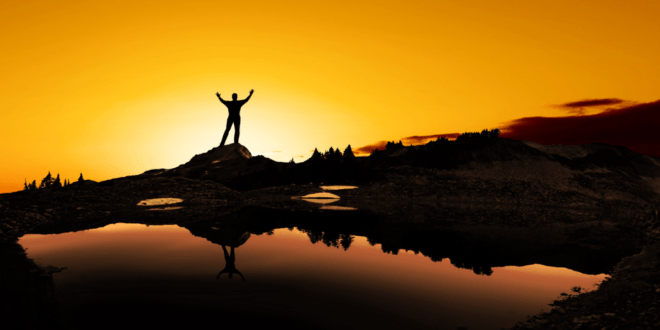After a long research in different libraries and examining various research thesis and studies which share a temporal approach (time), I have highlighted a number of sciences that are closely linked to time programming, whether in terms of their nature or method. Then, I classified them in a list that excluded the sciences related to non-human sides of time, such as: metaphysics time, Mathematics Time, physics time etc. As well as those related to any human science topic tackled away from time programming points of view.
Some of these sciences are:
- Time management science.
- Sociology of leisure.
- Recreational education.
- Time budget.
- Sleep and insomnia studies.
- Chronobiology.
Entertainment (Recreational Education):
Recreation is a field of research, which includes at least four sciences, which are:
- Education and psychology.
- Sport researches.
- Sociology.
- Time management.
However, his study was dominated by education science, therefore he establish what is called as “recreational education (1)”.
The word “recreation” is a complex word, which consists of two morphemes “re” which means again and “creation” which means the process of creating something again (2), to signify that “recreation” helps to relax and be born again (3)”.
We don’t know exactly the answer for the west, although they probably have a materialistic interpretation, whereas in the Islamic thought, we are certain that man takes rest like sleeping or other activities, however, the One who provides comfort is the Almighty Allah, the evidence is that man often wakes up tired without any explanation for that. Therefore, taking rest comes from man, but recreation comes from the Lord of Majesty.
Despite the significance of this topic, which turned into a global academic interest (4), however, the Arabic studies remain much less. Abu Samak stated after a long research and investigation, the researcher realized that there is only one previous study (5) that was carried out in the topic (6)”:
In order to formulate a definition, we can start by the characteristics proposed by recreation specialists, mainly:
- Recreation is a constructive activity.
- Recreation is an optional activity.
- Recreation is an interesting activity.
- Recreation takes place during free time.
Recreation in thereby an optional and an interesting activity for individual, acceptable by the society, practiced during free time and contributes to shaping and developing individual’s personality” (7).
Among the three pillars which play the essential role are:
- Types of recreation.
- History of recreation.
- The relation between recreation and work.
- Recreation & family.
- Recreation & school.
- Physical activities and recreational sports.
- Art and beauty activities.
- Cultural and communication activities.
- Programs and management of recreational activities. (8)
- Recreation economics (production).
- Recreation and social care.
- Recreation and political systems etc. (9)
The relation between recreation and time programming lies in determining leisure time through the definition of the concept of recreation from an Islamic perspective and deciding what is allowed and what is prohibited.
Therefore, it is necessary to tackle questions like, is prayer an act of recreation? Is reading the Qur’an a recreation? When can sport and cultural recreation be religiously allowed? Etc.
To answer these questions, we have to benefit from previous experts’ efforts in Islamic education, our main goal is not to study this science, but only to find the relation between this science and time programming.
1 – Darwish and Al Hamahimi: Sports Entertainment in the Contemporary Community; P76.
2 – This meaning is followed by a question, which is: who plays the “creation” role? Is it man himself or another one?
3 – ATTIET, Free Time and Recreation, P37.
4 – “The World Leisure Organization” was created in 1970, look – Abu Samak, Ahmed Abdul-Aziz: Recreational Education in Islam” Master’s Degree in Education, Yarmouk University, Jordan 1417 A.H./ 1996; under the supervision of Dr. Hussein Jaber Banikhaled.
5 – This study was carried out by: Al Aouda Khalid bin Fahd: Recreational Education, an Islamic vision, Al-Muslim publishing house, Riyadh, Kingdom of Saudi Arabia; 1414 A.H.
6 – The same source.
7 – ATTIET, Free time and Recreation, P30.
8 – Look for instance Darwish and KHULI Amin: Principals of Recreation and Free Time; Introduction into Human Sciences; El Fikr al-Arabi publishing house; 1410 A.H./1999.
9 – ATTIET, Free Time and Recreation.
Translated by: Toufik Achour
 علم الزمن والوقت
علم الزمن والوقت




